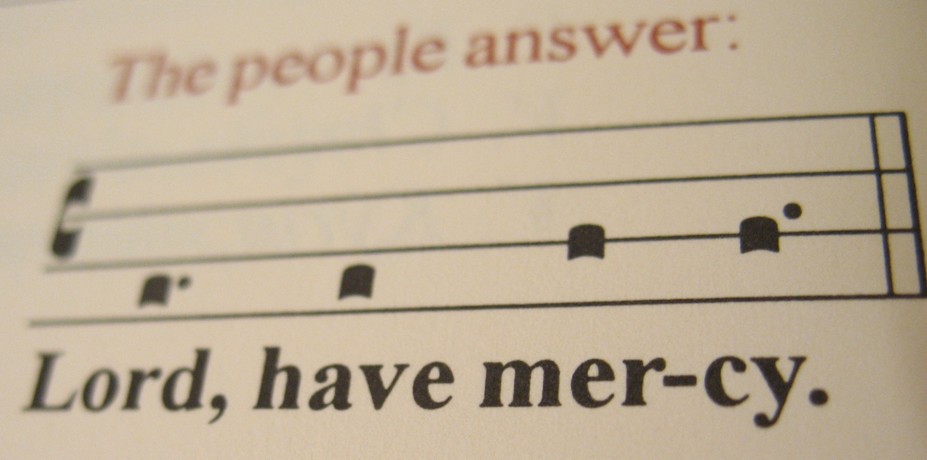
Yes, I’ll admit it. I was a choir boy. I was the seven-year-old that would have singing lessons with his grandma that wouldn’t end until I either held my notes longer than her, or practiced my scales to her pleasing. Embarrassingly, I wanted to be in the choir for many years, and when I finally got inducted at 15, I wanted to be fully immersed in the gospel; I wanted to be a famous gospel singer.
I went from being a tenor boy in the back of the choir stand to leading songs like “It’s good to know Jesus” by the Mississippi Mass Choir and a duet of “Oh Happy Day” by the Edward Hawkins Singers with my grandma. And boy could my grandmother sing. Whenever she was asked to lead a song, she “slayed” it on the choir stand for Jesus: her feet lifted up in the air as if God himself were guiding her footsteps, holy sweat dripped off her face, and she would give everyone in the audience goosebumps when she hit those angelic soprano notes.
I was always fascinated by the energy in the room when a good gospel song would come on. All of the sad blank expressions on people’s faces would turn into smiles, and everybody would come together and have a good time. That’s what I loved. I loved it when a bunch of like-minded black people would come to church and hear the choir sing euphonious melodies that flooded the entire room.
Now I know what you might be thinking, but I’m not a Christian. Even though I was raised in several Christian households, I didn’t resonate with the ideas of religion, so I decided to become spiritual and find my own connection to God. I just enjoyed church whenever a song would come on, and it definitely made pastor’s extensive sermons bearable. And ironically, I felt most connected to God when I would sing songs that mentioned God.
I was always fascinated by the energy in the room when a good gospel song would come on. All of the sad blank expressions on people’s faces would turn into smiles, and everybody would come together and have a good time.
These moments of black togetherness also reminded me of slavery when slaves would create their own form of gospel from the instruments that white band owners would drop and lose on the field. In the 19th century, songs like “Wade in the Water” were the earliest moments of slaves resisting the hold of their white owners. It proved that our ancestors still had fight left in them, and would try to foster creative ways to escape to their freedom—even if that meant death. It was amazing what our people did with language; they made their own culture out of it through suffering.
And even in the 21st century, we still haven’t lost that tie to gospel music. On June 26, 2015, President Barack Obama gave a rendition of “Amazing Grace” at Clementa Pinckney’s funeral in Charleston. What was once a song written by John Newton in the 1700s in an ironic attempt to atone the act of slavery is now used as a catalyst in the Black Lives Matter movement for fellow black people to connect to the struggles plaguing them in America. What was especially interesting in that moment was the fact that Obama was giving his speech surrounded by several black missionaries and pastors, wearing his transient evangelical robe. For a split second, it appeared as if the President were a pastor preaching to his black congregation.
I now sit in my dorm watching gospel videos. I find myself rocking and swaying in my chair with the same rhythmic passion that most people in my old church had. I don’t know what made me fall in love with God’s major chords, but I do believe that there is a spiritual power that comes with this music. Even when I go to parties with several of my black friends where Fetty Wap dominates the energy in the room, I still can see remnants of that traditional black gospel: the swaying, and rocking, and rebellion in their step.
Gospel music is still a great part of our music and culture now in the black community. If you grew up in a Christian household, you can always find another black person that grew up in that background and remember when people in the church would start falling out when both pastor and the choir sung a song that made the Holy Spirit move through them. Gospel music is a spiritual form of black unity. It lets us honor the pain and the struggle our ancestors went through while appreciating the hope and faith they had for better days.